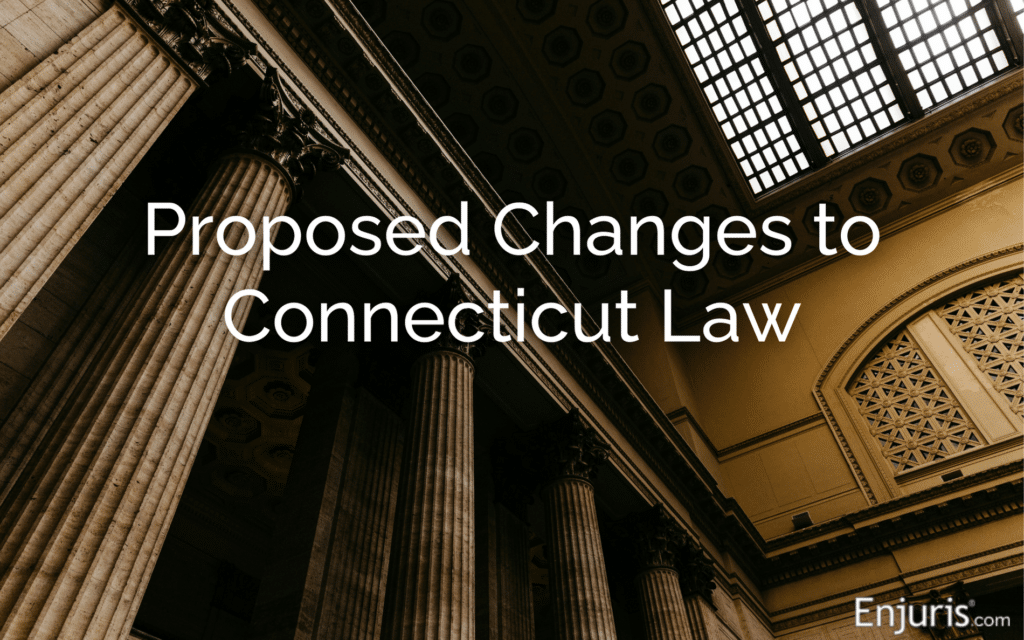[ad_1]

Connecticut lawmakers recently convened to consider a bill that could significantly alter the landscape of personal injury and wrongful death litigation.
The proposed legislation aims to adjust economic damages awarded to plaintiffs when there’s a right of subrogation by a collateral source, such as an insurance company.
The move has sparked intense debate among legal professionals, particularly trial lawyers, who view it as a boon for the insurance industry at the expense of established legal precedents.
Background and context
The collateral source rule prevents defendants from reducing their liability based on payments plaintiffs receive from other sources, such as health insurance. This principle ensures plaintiffs can secure full compensation for their injuries and that defendants cannot escape liability just because a plaintiff had the foresight to be insured.
While the collateral source rule allows plaintiffs to receive full damages in court without reduction for insurance payments, it’s not as straightforward as receiving double compensation. This is where the concept of subrogation plays a crucial role.
Subrogation prevents double recovery by allowing insurers to reclaim funds from lawsuit awards if they’ve already compensated the insured for the same expenses. This mechanism maintains the rule’s intent: to compensate, not to unjustly enrich, ensuring plaintiffs are made whole without receiving extra for the same losses.
However, plaintiffs could still receive more than their actual expenses through negotiated settlements with insurers or compensation for uncovered expenses.
Understanding the proposed changes
Connecticut Senate Bill 213 introduces significant adjustments to economic damages in personal injury or wrongful death actions related to collateral source payments.
The bill mandates that the court must reduce the economic damages awarded to a claimant by the total amount paid on their behalf from collateral sources, with specific exceptions. Notably, reductions will not apply to amounts subject to subrogation rights or agreed upon in satisfaction of such rights.
This legislation aims to “permit a post-verdict collateral source reduction in damages in certain personal injury or wrongful death actions involving a right of subrogation.”
Stakeholder perspectives
Trial lawyers voicing opposition argue that the bill compromises victims’ rights under the guise of preventing “windfalls” from overlapping coverage.
Proponents, including some lawmakers and insurance representatives, counter that the current system encourages inflated claims, leading to higher insurance premiums for everyone.
Future implications
The bill’s passage could precipitate a major shift in Connecticut’s legal practice, affecting economic damage calculations and potentially setting a trend for similar reforms elsewhere.
The proposed changes emphasize the need for attorneys to stay updated on legal shifts and adapt strategies accordingly. Lawyers must be ready for new regulations in Connecticut and elsewhere.
For the latest legal updates and insights, follow Enjuris.
[ad_2]



